Steph W. from SEOPressor


...help you check your website and tell you exactly how to rank higher?


82
score %
SEO Score

Found us from search engine?
We rank high, you can too.
SEOPressor helps you to optimize your on-page SEO for higher & improved search ranking.
By winniewong on October 25, 2019
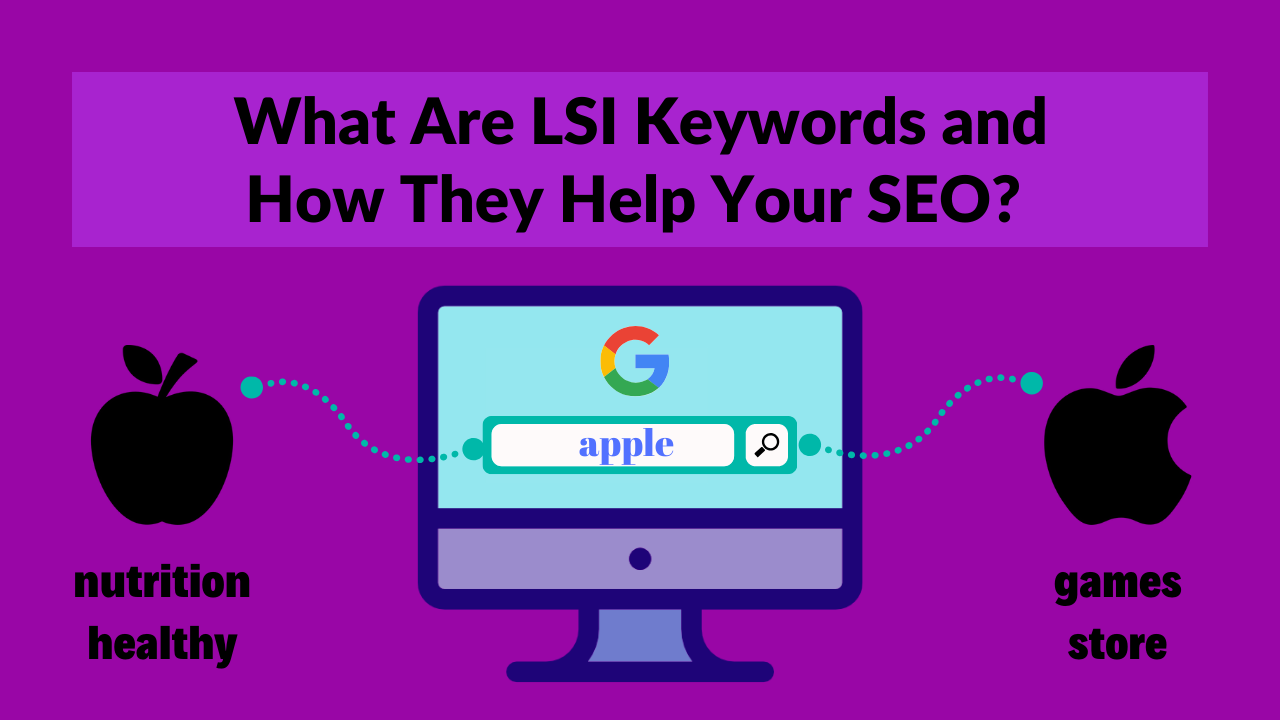
What Are LSI Keywords and How They Help Your SEO?
Latent semantic indexing (LSI) is a mathematical technique used by search engines to study how a set of words cluster together. From there, search engines use the patterns to understand the context.
Prior to this, the search engines’ way of understanding context was simple. It took the keywords entered in the ‘Search Bar’ and showed pages that contained the keyword. As you may have guessed, the results were rather inaccurate, nothing close to the results that are being returned today.
Now, for example, a user types in “apple” in the search bar. In the past, the search engine wouldn’t know what your website is about. Today, they understand things much better as they learned to see the relevance. When the content contains words such as iTunes and charger, the search engine knows and will classify them as electronics. On the other hand, if the content contains words like red, healthy, and juice, the search engine knows that the webpage is talking about the fruit, apple.
Yes, search engines and users understand context through the keywords you use to supplement your target keyword, also known as LSI Keywords.
In the past, Google relied on keyword density to display results to the users. However, webmasters took advantage of this ranking factor and turned to “keyword stuffing“.
Keyword stuffing is the act of loading keywords unnecessarily and unnaturally on a webpage with hopes to rank for that keyword. Ultimately, it helped these websites to rank but created a negative user experience (the complete opposite of Google’s priority) as they do not provide value.
Here is Google’s example of keyword stuffing: We sell custom cigar humidors. Our custom cigar humidors are handmade. If you’re thinking of buying a custom cigar humidor, please contact our custom cigar humidor specialists at custom.cigar.humidors@example.com.
Google actually penalizes pages that stuff keywords on their page now. Hence, Google turned to LSI keywords. As mentioned above, these LSI keywords provide search engines with stronger contextual information. As a result, search engines are able to display more relevant information for their users, which is a good user experience. Now, this is why LSI keywords are important.
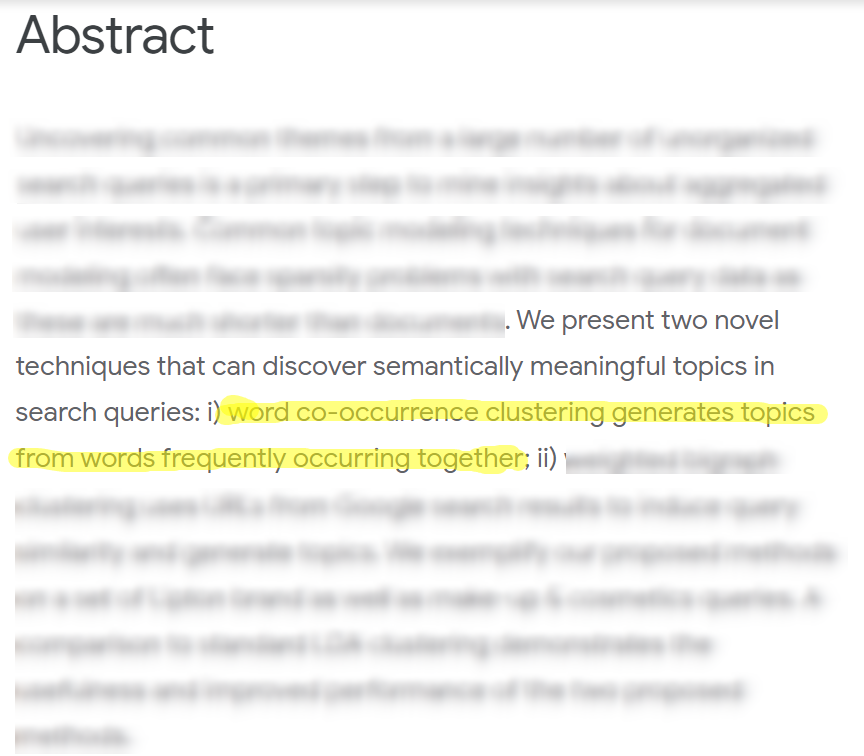
Abstract of Google’s Research: Improving topic clustering on search queries with word co-occurrence and bipartite graph co-clustering
Now, what’s in it for you?
Semantically related keywords along with the main keyword help search engines understand your page better. When search engines understand your page better, they know exactly when to display your page.
Your page will appear for the right searches and users will stay longer on your page. It tells search engines that your content is helpful, which will maintain or improve your rank on the SERP.
As mentioned above, Google penalizes websites that stuff keywords by dropping the rankings of the website on the SERP. I believe no webmasters want that. To avoid that, simply add closely related keywords to your content. An additional benefit of adding these keywords is that you may be found for multiple keywords apart from your main keyword.
One way of finding semantically related keywords is by using Google itself, the place where your target audience makes searches.
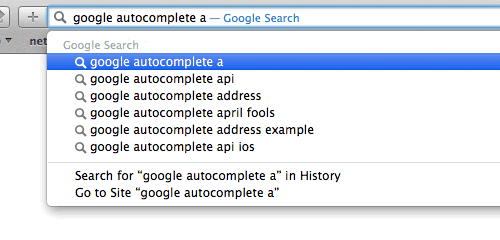
Autocomplete is an indispensable tool for learning what searches are the most popular for any given keyword or phrase.
Autocomplete is an indispensable tool for learning what searches are the most popular for any given keyword or phrase.
Google Autocompletes are predictions. These predictions are made based on your search terms, relevant searches you’ve done in the past, as well as what others are searching for.
The words in bold are words that usually appear with the main keyword.
The bolded words that you see in the box are words that real people usually search along with the main keyword. Including the bolded words will give the search engines a better context about your page. As a result, it is able to satisfy user intent.
You’ll also see “searches related to” at the bottom of the page. You may also refer to it for related keywords.
Another way of finding keywords that have a high degree of correlation to your primary keyword is by using tools. According to Twinword, these tools get their data mainly from Google.
Our team uses LSIGraph for generating LSI keywords. It’s a freemium LSI keyword tool.
It is extremely simple to use. Simply enter your target keyword and it will generate a long list of words semantically related to your keywords.
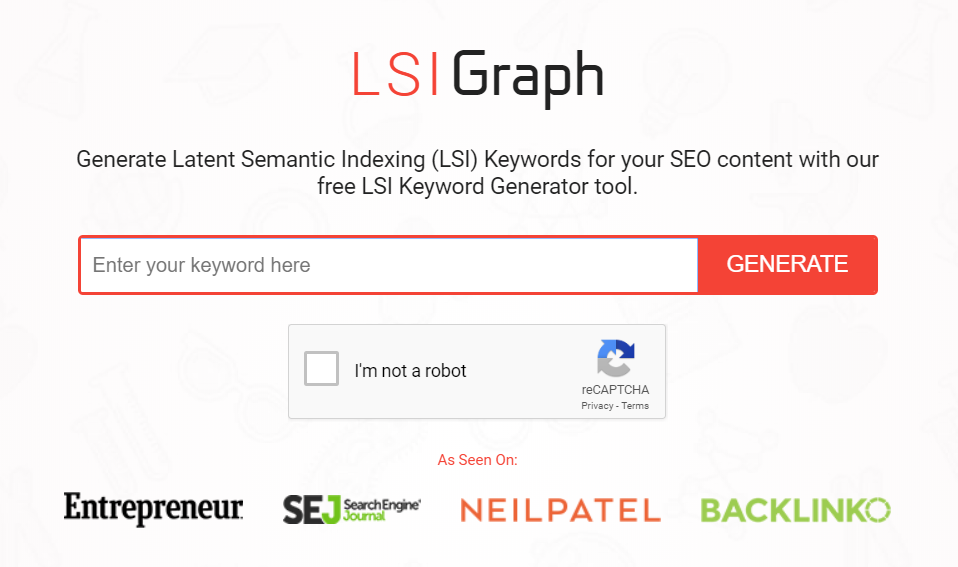
This keyword suggestion tool is specifically designed for generating Keyword Research. No doubt, it has contributed hugely in the world of SEO.
The premium version provides you with data such as search volume, competition and trends, all in one page. It will also allow you to select the location as well as your desired language, which is perfect for Local SEO.
Here’s a result for the keyword “inbound marketing”:
I’ve gotten word on our latest collaboration with a revolutionary SEO suite. For those of you who want to do keyword research that democratizes the pricing model, try BiQ!
Coming across BiQ changed the landscape of traditional SEO tools that we subscribe to (Moz? Ahrefs? SEMrush?). No more paying for an entire suite for features you may not need because BiQ promises to give cost control back to the hands of us, marketers and SEOs. This is also the reason why BiQ will be the most comfortable tool you’ll ever encounter.
Live in the trend of “Paying only for what you use and don’t pay for what you don’t use”.
Check the tool out here: https://biq.cloud

Another tool fit for keyword research is LiveKeyword. It’s a free extension that comprises of 2 main sections, related keywords, and related searches. Both come together with important metrics for fast and efficient keyword research.
You won’t want to miss out on these metrics: search volume, competition, and CPC. If these are what you are looking for to quicken your keyword research, then LiveKeyword IS the perfect tool for you.
From installing the extension to using it, all it takes is just 5 simple steps (watch the gif above). I hope this is another option you would take consideration of. Get more insights here: LiveKeyword – BiQ
Basically, adding LSI keywords anywhere will help search engines to understand your content better. However, let me list them down just in case they’re overlooked.
Not only does LSI keywords provide better context for the readers and search engines, but they also enhance the readability of the content. It also prevents you from getting penalized for excess use of the same keywords. It is advisable to add LSI keywords in the first and last paragraphs as it strengthens the core message and makes the starting/ending seem more natural.
If you’re writing on Google Docs, consider using add-ons like GDoc SEO Assistant. It helps you analyze your content’s readability and semantic quality density. It also provides you with suggestions to further optimize your content including a list of LSI keywords.
For a tutorial on how to install add-ons as well as other add-ons recommended by us, please visit: Google Docs Add-ons Recommendations For Content Writers
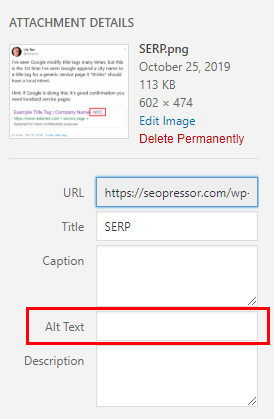
WordPress’ Image Alt Text field
Image Alt text is a component that webmasters tend to overlook. Well, most do write alt text for the image but without adding keywords or LSI keywords. I would suggest adding LSI keywords for alt text because your target keyword may be used quite often in your content. Adding your main keyword to your alt text may contribute to over-optimization.
Meta descriptions are there on the SERP to give users the best idea of what your page is about. If users do not know what your page is about, it is very likely that they will not click your page.
Hence, you should use semantically related keywords along with your main keywords to give users the best idea of what your page is about.
Over time, the LSI keywords for your main keywords may change. It all depends on the current trends. We all know that words can be popular for a period of time and then gradually fall out of use later on.
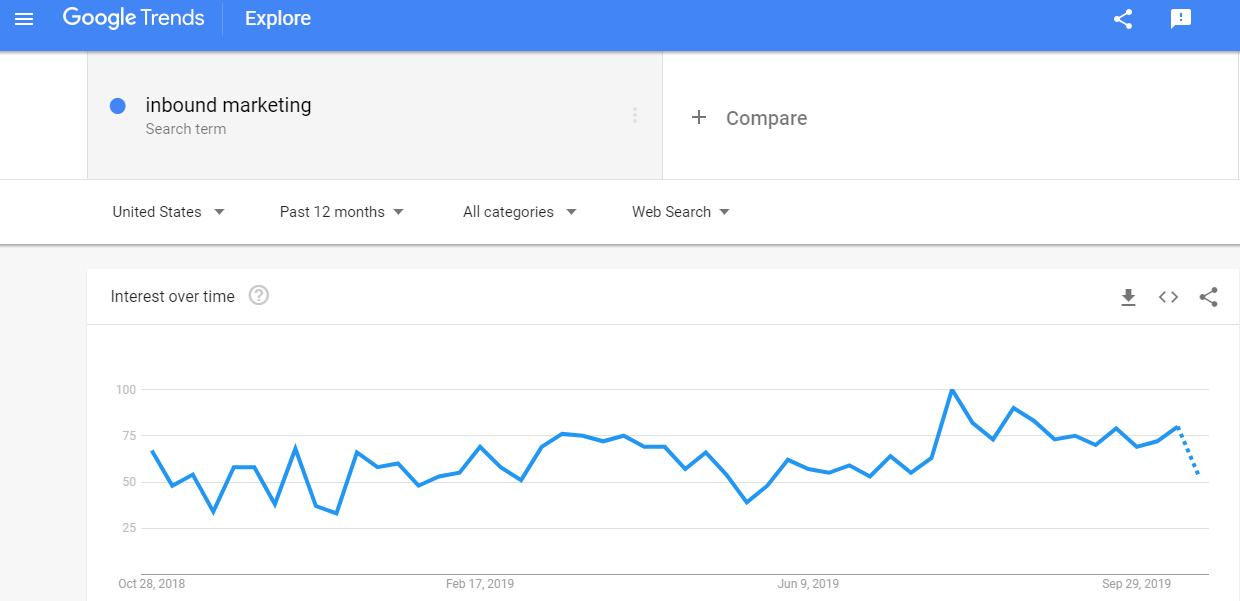
You may use Google Trends to see the search volume of your keyword over time.
When you’re planning to optimize your old content, always remember to add new LSI keywords that are relevant. If you would like to know more about optimizing old content, head on over to an article that I have written recently: 4 easy steps to increase website traffic with old content.
If you haven’t been using or putting much focus on LSI keywords, I hope that you will now since you have read this article.
To sum it up, LSI keywords help you in several ways:
i) Supplementing strong contextual information and meaning to a topic, thereby allowing the search engines to understand your content better. As a result, you’ll very likely match with the users’ search intent.
ii) Preventing you from being penalized for keyword stuffing.
iii) Your content may show up for multiple keywords.
Consequently, you should see some improvement in terms of your traffic and ranking. Most importantly, you should remember that LSI keywords should be applied naturally. In other words, keep the user experience in mind. If you’re keen to try out the LSI keywords that we’re using, give it a try over here: LSIGraph.
To have a clear view of the effects of adding LSI keywords in your content, start by adding them to your old content today. You should be able to spot some differences in Google Analytics within a few weeks.
Feel free to share with me your results down in the comments section below. I hope to hear from you soon!
Updated: 29 June 2025


Save thousands of dollars (it’s 100x cheaper)

Zero risk of Google penalty (it’s Google-approved)

Boost your rankings (proven by case studies)
Rank High With This Link Strategy
Precise, Simplified, Fast Internal Linking.
